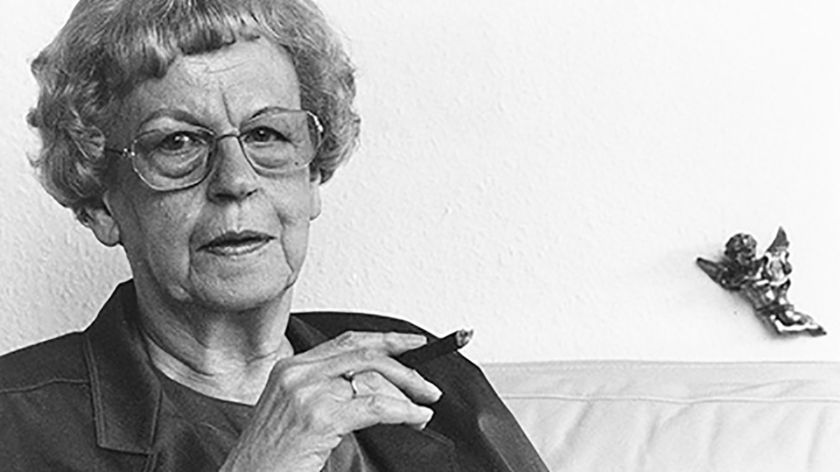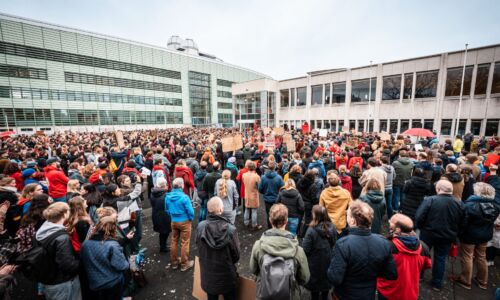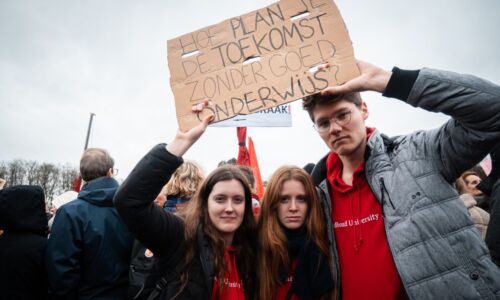Outrage at unpaid professorship
-
 Catharina Halkes. Foto: ru.nl
Catharina Halkes. Foto: ru.nl
A vacancy in Religious Studies has provoked strong reactions on Twitter. That’s because the vacancy, a professorial position for one day in the week, is unpaid. The person who advertised the position doesn’t see a problem.
If you scroll through the university’s job openings, the vacancy looks like many others: it’s for a Professor (by special appointment) of Feminism and Christianity for one day in the week in Religious Studies. What distinguishes this vacancy from the rest, however, is the following: ‘This is an unpaid position’.
This didn’t go down well with many. ‘How dare they!’ was the Twitter response of cultural historian Evelyne Verheggen. ‘We have reached a new depth’, according to Sanne Frequin, a lecturer in art history at the universities of Leiden and Utrecht. ‘It’s as though they let you come and lecture without pay and in return you’re given the title of professor.’
The professorial position has been created in collaboration with the Catharina Halkes Fund, which ‘encourages research and teaching in the field of gender and religion’. It is interesting to note that Catharina Halkes (1920-2011), for whom the professorship is named, was very active in the women’s movement, especially in the field of feminism within Christianity, in which she was appointed professor at Radboud University. The fact that a job in her name – and which mainly women are expected to apply for – is unpaid is remarkable at the very least.
Career jump
That’s not a problem, according to Cristoph Hübenthal, Professor of Systematic Religious Studies, who listed the vacancy. ‘It’s not uncommon to receive no remuneration for positions like these. We have more such positions within our faculty.’ The idea is that it gives young, talented researchers an opportunity to make a career jump, he explains. ‘They get all the rights that go with the professorship, such as the right to promotion and to apply for certain scholarships.’ The only thing missing is a professor’s salary.
Hübenthal adds that people who usually apply for such positions already have an appointment elsewhere, for example as a university lecturer. Their employer then releases them for one day a week to take up the professorship in Nijmegen.
Elsewhere on campus there are also professors by special appointment whose chairs have been created by external organisations, such as Philips or the National Institute for Public Health and the Environment (RIVM). They generally fund these university positions as well, in contrast to the Halkes Fund. Hübenthal: ‘Funds like these don’t have much money.’



